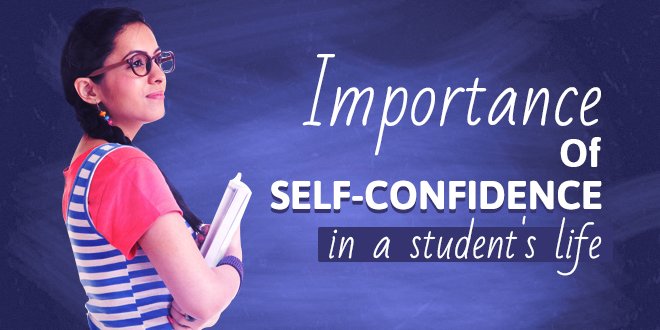The Role of Self-Confidence in Academic Success

Self-confidence plays a powerful and often underestimated role in shaping a student's academic journey. It is the belief in one’s own abilities to accomplish tasks and reach goals. When students believe in themselves, they are more likely to face academic challenges with resilience, take risks in learning, and ultimately succeed. Below is a descriptive breakdown of how self-confidence contributes to academic success, along with key points that highlight its importance:
1. Boosts Motivation and Goal Setting
Self-confidence fuels intrinsic motivation—the internal drive to learn and improve. Confident students are more likely to set challenging academic goals and pursue them with determination.
-
They take initiative in studying and asking questions.
-
They are less likely to procrastinate, knowing that their effort will yield results.
-
They set higher standards for themselves and work toward them consistently.
2. Encourages Active Participation
In classrooms, students with strong self-confidence tend to engage more actively.
-
They answer questions, lead group discussions, and collaborate without fear of embarrassment.
-
They aren't afraid of being wrong—they see mistakes as part of the learning process.
-
Their engagement fosters better relationships with teachers and peers, which further enhances learning.
3. Strengthens Problem-Solving Skills
Confidence nurtures a growth mindset, where challenges are seen as opportunities rather than threats.
-
Students persist through difficult problems instead of giving up.
-
They are open to feedback and willing to improve.
-
This attitude helps them develop critical thinking and analytical skills, essential for academic excellence.
4. Reduces Anxiety and Improves Focus
Lack of self-confidence often leads to academic anxiety, especially during exams or public speaking.
-
Confident students manage stress better and remain calm under pressure.
-
They can focus more during study sessions and retain information effectively.
-
Reduced anxiety leads to better performance, especially in high-stakes situations.
5. Promotes Independent Learning
Self-confident students are more self-reliant and proactive in their learning.
-
They seek out additional resources (books, tutorials, online courses) without waiting for instruction.
-
They evaluate their own progress and make adjustments as needed.
-
This independence makes them lifelong learners, not just grade-chasers.
6. Inspires Leadership and Influence
Academically confident students often become leaders among their peers.
-
They inspire others by example, promoting a culture of learning.
-
They take roles in group projects or academic clubs, increasing their exposure and skills.
-
These experiences prepare them for future career and academic opportunities.
Final Thoughts:
Self-confidence isn't about arrogance or pretending to know everything—it’s about believing in your potential to grow, learn, and overcome. Academic success is not just about intelligence or memory; it’s about the courage to try, the strength to fail, and the faith to succeed.
Key Takeaway:
Self-confidence acts as the foundation upon which academic skills are built. Without it, talent and intelligence often go underutilized. Nurturing confidence in students is just as important as teaching content—because confident learners become capable achievers.






